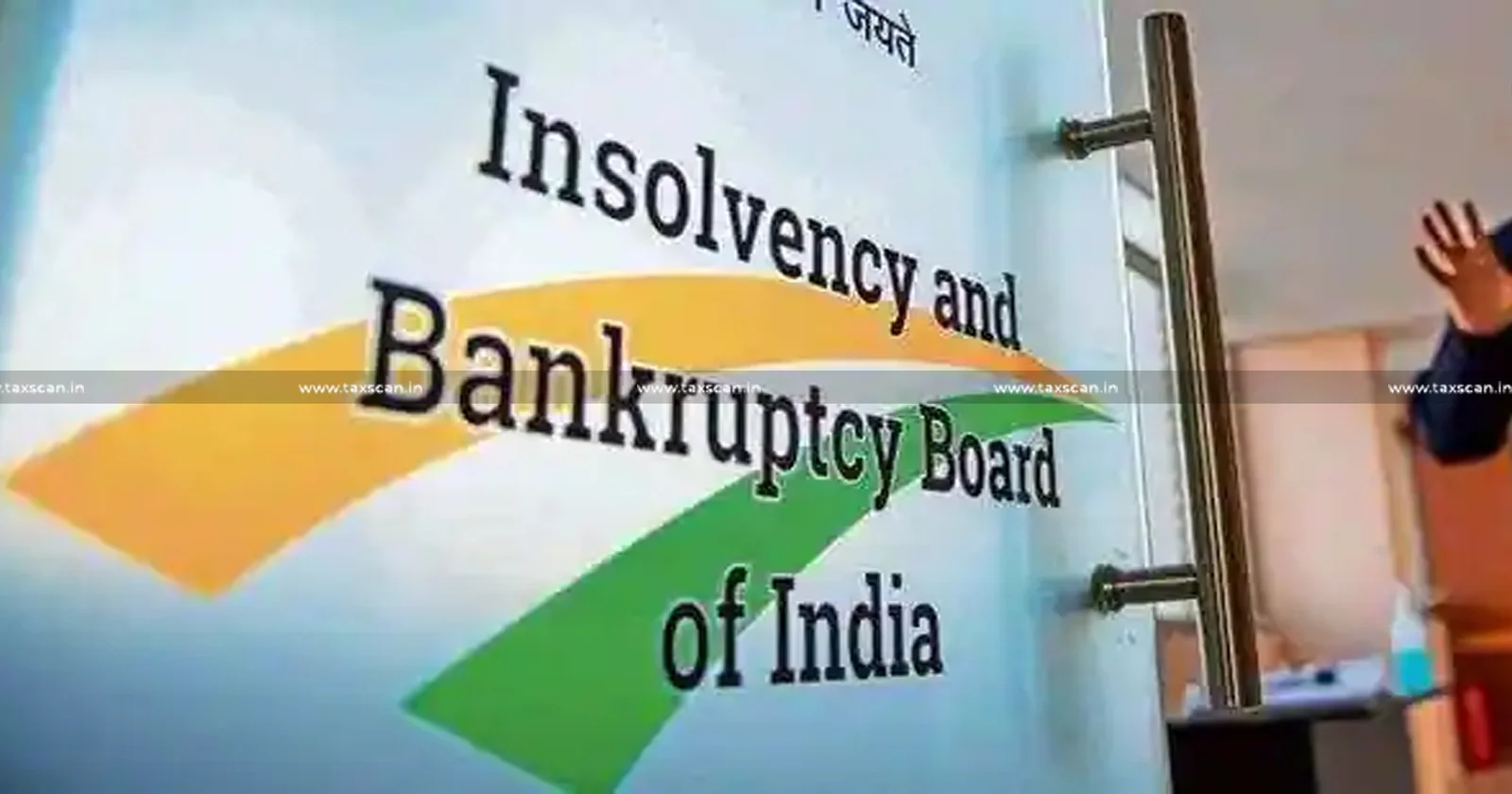IBBI denies Data of IBC Violation Cases in RTI, says cannot Disproportionately Divert Resources [Read Order]
The IBBI was hearing an Appeal citing ‘Refusal of Access to Information Required’ under the RTI Act

IBBI – IBC – RTI Application – First Appellate Authority – Appellate Authority – TAXSCAN
IBBI – IBC – RTI Application – First Appellate Authority – Appellate Authority – TAXSCAN
The Executive Director and First Appellate Authority of the Insolvency and Bankruptcy Board Of India ( IBBI ) in a recent matter held that the resources of the IBBI cannot be disproportionately diverted in pursuing particulars sought by the Appellant via a Right to Information ( RTI ) Application.
The judgment was pronounced by the IBBI while hearing an Appeal filed by the Appellant, Jitender Kumar Jain against the Central Public Information Officer (CPIO) on the basis of alleged inadequacy of Respondent’s reply towards an RTI filed by the Appellant seeking data pertaining to cases investigated by the IBBI.
Uncover Section 50C Best Practices: Expert-Led Course, Click here
The Appellant sought information pertaining to the number of cases investigated by the IBBI from 1 April, 2022; number of such investigated cases registered on the basis of violations of The Insolvency And Bankruptcy Code, 2016 (IBC) exclusively and not the regulations therein; and, the number of cases regarding the violations of the IBC Act on which no disciplinary actions were pursued.
The instant Appeal was filed by the Appellant citing grounds of being “Refused access to Information Required”.
The Insolvency and Bankruptcy Board Of India, presided over by Jithesh John, Executive Director and First Appellate Authority of IBBI laid reference to the definition of ‘information’ under Section 2(f) of the RTI Act, 2005 and observed that the Appellant had requested for collated information in the second and third part of the RTI - specifically regarding the number of cases investigated under specific heads and the ensuing actions conducted by the IBBI therein.
The Executive Director held that the RTI Act, 2005 cannot be wantonly used to compel the compilation of huge amounts of data in the format requested by the Appellant as the same would require the IBBI to go through all the Orders passed by the Disciplinary Committee and allied Investigation Reports.
Further reference was made to the decision of the Supreme Court in Central Board of Secondary Education & Anr. Vs. Aditya Bandopadhyay & Ors. (2011) wherein it was held “Indiscriminate and impractical demands or directions under RTI Act for disclosure of all and sundry information (unrelated to transparency and accountability in the functioning of public authorities and eradication of corruption) would be counter-productive as it will adversely affect the efficiency of the administration and result in the executive getting bogged down with the non-productive work of collecting and furnishing information.”
Reference was made to Section 7(9) of the RTI Act, 2005 to reaffirm that the provision of information as requested by the Appellant would defeat the ‘practical regime of RTI’ and would require the public authority to wade through massive volumes of information and data, and thus, not permissible.
Uncover Section 50C Best Practices: Expert-Led Course, Click here
The IBBI, being in tandem with the judgment of the Apex Court disposed of the Appeal while holding that the format of information requested by the Appellant from the CPIO would require the Officer to scour through large volumes of data, and thus result in a disproportionate diversion of resources of the IBBI.
To Read the full text of the Order CLICK HERE
Support our journalism by subscribing to Taxscan premium. Follow us on Telegram for quick updates


